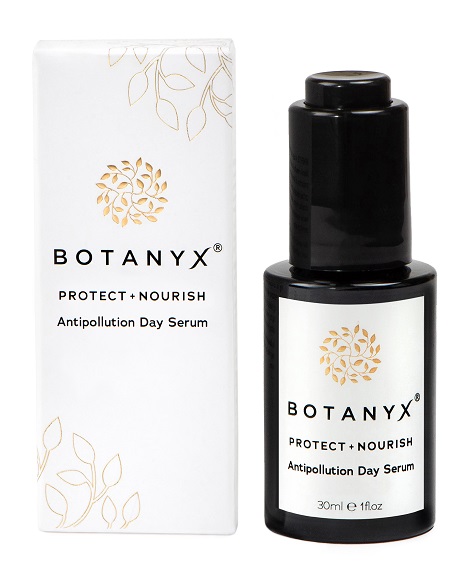Sunscreen is the summer essential, but do you know what to look for in a sunscreen?
There is no one size fits all – your skin type will determine the best option for you.
SPF scale
This scale is not linear.
SPF 15 blocks 93% of UVB rays
SPF 30 blocks 97% UVB rays
SPF 50 blocks 98% of UVB rays.
NHS (National health service in UK) recommends using SPF 30 at minimum to protect against UVB and a 4-star rating to protect against UVA.
The higher the star the higher protection against UVA.
Sunscreens offering both UVA and UVB protection are called broad spectrum.
Why is it important to use a sun cream?
To prevent skin damage from the toxic effects of electromagnetic energy in the form of ultraviolet radiation from the sun.
Two main ones to watch are UVA and UVB.
UVA rays penetrate deep into skin causing premature aging, wrinkles and photoaging but also play a role in the formation of skin cancer.
UVB rays cause sunburn and directly damage DNA causing skin cancer.
Types of sunscreens
Mineral – contain Zinc oxide and titanium oxide. They work by creating a protective barrier on the surface of skin which reflects and scatters UV rays from the body.
Chemical – absorbs into the skin forming a barrier on top of skin causing a chemical reaction converting the UV light into heat so it can’t harm the skin.
Skin conditions
If you are suffering from skin sensitivities, eczema or rosacea try using mineral-based sunscreen and opt for fragrance free as synthetic fragrance can be irritating.
Physical Barriers: clothing
No sunscreen will give you 100% protection so consider other physical barriers such as wearing a hat, sunglasses for eye protection and clothing that covers more of your body will provide greater protection.
More clothing manufactures are promoting UPF- called ultraviolet protection factor. The garments are treated with chemical absorbers that block both UVA and UVB rays.
Staying in the shade
Protect yourself from direct sunlight by keeping in the shade especially between 10am to 4pm. The rays are stronger at this time.
In UK it is estimated the sun is strongest between 11am to 3pm.
Note that UVA rays can penetrate glass and effect your skin beneath the surface causing damage.
Ingredients to watch out for in sunscreens
There are some ingredients in sunscreens that have raised concerns about their impact on coral reefs and marine life.
A study in 2016 published (Journal archives of Environmental Contamination and Toxicology) showed baby coral exposed to oxybenzone had DNA damage in its skeleton as well as coral bleaching.
Studies have shown the ultraviolet filters oxybenzone and octinoxate cause the most damaging effects to marine life and coral.
In May 2018 Hawaii banned the chemical sunscreen ingredients oxybenzone and octinoxate.
By taking precautions to protect yourself you can enjoy your time being out in the sun.
As well as providing sun protection consider protecting your skin against urban pollution and digital blue light.
Botanyx Protect + Nourish Antipollution day serum protects against urban and blue light.

Formulated with advanced marine bioactives that absorb the toxic effects of pollution and pure plant botanicals rich in fatty acids and nutrients to feed and nourish skin for a healthy radiant glow.


